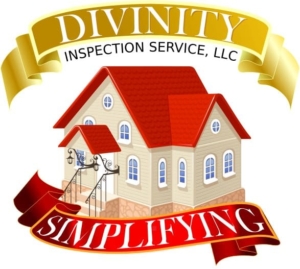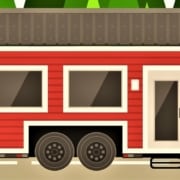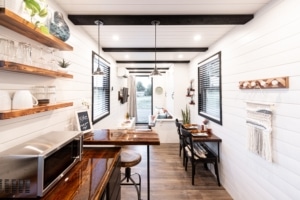The Pros and Cons of Tiny Houses in Florida
The tiny house movement has been gaining traction around the world, and Florida is no exception. Tiny Houses, also known as “micro houses,” have become an increasingly popular option for people looking for a smaller, more sustainable lifestyle, as well as for those who are looking for a new and exciting way to live. The idea of living in a tiny house in Florida is becoming increasingly attractive for many reasons, such as their affordability and reduced environmental footprint. But there are also some challenges that come with living in a tiny house, such as the lack of storage and limited space. Today, we want to explore the pros and cons of tiny houses in Florida, to help you decide if this type of living is right for you.
What is a Tiny House?
A tiny house is a smaller-than-average home, typically ranging from 100-400 square feet. These homes are designed to be efficient and sustainable, with a focus on minimalism and simple living. They are frequently built on trailers for easy mobility and are often used as primary residences or as supplemental homes. Alternatively, a tiny house can be used as a vacation home, a guest house, an office, or a rental property.
Benefits of Tiny Houses in Florida
There are various benefits to living in a tiny house.
- One of the biggest advantages is affordability. Tiny houses are much less expensive than traditional homes, making them an attractive option for those who want to own a home but can’t afford a large mortgage.
- Another benefit of tiny houses in Florida is the reduced environmental footprint. Tiny houses use much less energy and resources than traditional homes, making them a great choice for those who are looking to reduce their impact on the environment.
- In addition, tiny houses are often located in areas off the beaten path. This can be a great way to escape the hustle and bustle of city life and enjoy some peace and quiet in a beautiful, natural setting.
- Tiny houses also offer a great sense of freedom and flexibility. With a tiny house, you can easily move to a different location if you need to or even travel with your home if you want to. And with a much smaller living space, you can spend more time outdoors enjoying your surroundings.
Challenges of Tiny Houses in Florida
Living in a tiny house in Florida can also have its challenges.
- One of the biggest issues is the lack of storage. With a smaller living space, it can be difficult to find places to store all of your belongings, and you may have to get creative when it comes to finding space-saving solutions. Therefore, moving into a tiny house means a minimalistic lifestyle, either by choice and/or by necessity. The small size of the house can make it difficult to accommodate overnight guests, and it may not be suitable for larger gatherings (at least not inside).
- Another issue is the lack of amenities. Many tiny houses don’t have full bathrooms or kitchens.
- Finally, there is the issue of cost. Tiny houses might often be cheaper than traditional homes, but they still require a significant investment. You will also need to factor in the cost of utilities, taxes, and insurance when calculating the total cost of ownership.
Tiny House Zoning Laws in Florida
Before building or buying a tiny house in Florida, it’s important to understand the zoning laws in your area. Each county and city has its own regulations regarding tiny houses. It’s important to be aware of these laws before making any decisions.
In general, most counties and cities allow tiny houses as long as they are located on a permanent foundation and meet all other building and zoning requirements. However, some counties have restrictions on the size of the tiny house and may require additional permits. It’s always best to check with your local government before beginning any construction or purchasing a tiny house.
Finding Land for a Tiny House in Florida
Finding land for a tiny house in Florida can be another challenge. In most cases, you’ll need to find land that is zoned for tiny houses. This can be difficult in some areas. You may also need to find a place that is far enough away from other homes to avoid noise or privacy issues.
It’s important to consider the location of your tiny house. You’ll want to make sure that you’re in a safe neighborhood and that you’re close enough to amenities such as grocery stores and other services. However, while these are rather usual considerations regarding your future neighborhood, there is something even more important to consider: Depending on the county, there will be special regulations regarding tiny houses, such as the minimum size for example.
Finally, it’s important to make sure that you’re prepared for the cost of land. Prices can vary greatly depending on the location, and you’ll need to make sure that you’re budgeting for the cost.
Conclusion
Living in a tiny house in Florida can be an amazing experience. Still, it’s important to consider both the benefits and the challenges before making the decision to move. Make sure to research local zoning laws and regulations. Also, factor in the cost of utilities, taxes, and insurance, and prepare for the cost of land. And don’t forget to get creative with storage solutions and take advantage of your outdoor space.
If you’re willing to make the effort, living in a tiny house in Florida can be a rewarding experience.
There is another important point we as home inspectors need to raise here. Whether you are buying an already existing home or going through the process of building a new one (or having it built): You want to be sure that everything is safe and in the best condition! Therefore, for a home of any size here in the Tampa Bay area: Contact us for your home inspection!



